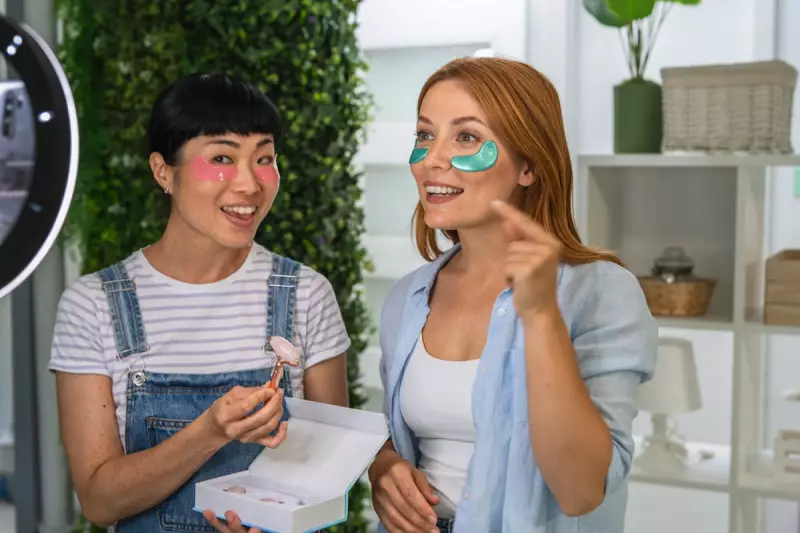
In an era where wellness has become a multi-billion pound industry, a troubling new trend is emerging that's leaving consumers short-changed and potentially at risk. Welcome to the world of 'wellness washing' - where marketing promises far exceed actual benefits.
The Rise of Dubious Wellness Practices
Experts are sounding the alarm about several concerning trends gaining traction in the health and wellness space. Among the most prominent are questionable skincare 'dupes' and the growing phenomenon of sleep tourism, where luxury hotels are charging premium prices for sleep-focused packages that often deliver little beyond standard comfort.
Skincare Dupes: Bargain or Risk?
The skincare industry has seen an explosion of 'dupes' - cheaper alternatives to premium products that promise similar results. While some deliver genuine value, many contain inferior ingredients or incorrect formulations that could potentially harm skin health.
"Consumers are being misled by clever marketing that suggests these alternatives are identical," explains Dr Sarah Jenkins, a dermatology consultant. "In reality, the concentration of active ingredients, formulation stability, and manufacturing standards can vary dramatically."
Sleep Tourism: Luxury or Gimmick?
Hotels worldwide are now offering 'sleep tourism' packages featuring everything from high-tech sleep trackers to specialised mattresses and ambient sound systems. While some incorporate genuine sleep science, many simply repackage standard amenities with wellness-focused branding.
"There's a fine line between genuinely helpful sleep interventions and simply putting a wellness label on ordinary hotel features," notes sleep specialist Dr Michael Chen.
How to Spot Wellness Washing
Protecting yourself from wellness washing requires a critical eye and healthy skepticism. Here are key warning signs to watch for:
- Vague claims: Products promising to 'detoxify' or 'boost energy' without specific, measurable benefits
- Pseudo-scientific language: Using complex-sounding terms without proper scientific backing
- Celebrity endorsements over evidence: Relying on famous faces rather than clinical studies
- Lack of transparency: Unclear ingredient lists or manufacturing processes
The Future of Wellness Consumption
As consumers become more educated about these practices, the industry faces increasing pressure to deliver genuine value rather than clever marketing. Regulatory bodies are beginning to take notice, with some countries considering stricter guidelines for wellness claims.
"The ultimate protection is consumer education," says health economist Professor Emma Richardson. "When people understand what they're really buying, they can make informed choices that prioritise genuine health benefits over marketing hype."
The message is clear: in the pursuit of wellness, it pays to look beyond the packaging and examine what's really being offered. Your health - and your wallet - will thank you for it.





